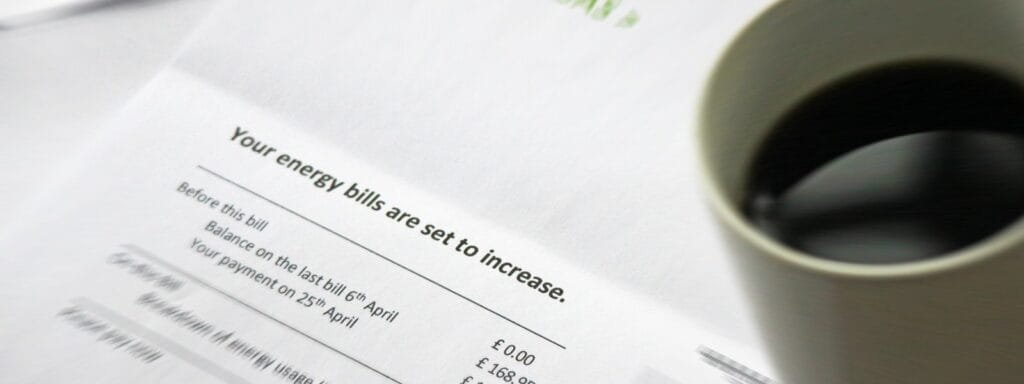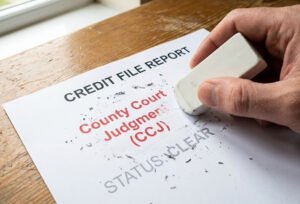As the UK cost of living crisis continues to increase the price of food, fuel, energy, and more, paying your bills and managing debts could become more challenging. Read on for our top tips on finding cost of living help and controlling your debt
The cost of living crisis is affecting almost everyone living in the UK. Inflation hit record levels in April 2022 and, no matter our individual financial circumstances, we’re all paying more for energy, food, rent, and fuel. These rising costs are squeezing budgets and could lead to more of us falling behind with our bills or turning to credit to pay for everyday essentials.
If you’re feeling the pressure, you’re not alone; debt charity StepChange found that one in five people are worried that they’ll get into problem debt this year. If you’re already dealing with debt, it’s understandable that you might be especially concerned. However, cost of living help is available and it’s never too late to start taking action to help with paying your bills and managing debt.
Create a budget
When you’re struggling to pay bills or debts, it’s important to know exactly where you stand financially. Make sure you know exactly how much money you have coming in and how much you’re spending each month. While facing up to the hard numbers can cause anxiety, approaching the situation head on is almost always better than burying your head in the sand. Creating a budget can help you take control of your finances and find places to make cuts. Write all your outgoings down in priority order and get into the habit of checking your accounts every day to make sure you’re staying on track.
Focus on priority bills
Priority bills are the payments that could cause the most problems if they’re paid late. Typically, they’re the bills that relate to our everyday living costs, such as your rent or mortgage, council tax, gas, electricity, and water. If you fall behind with these payments, you could find yourself at risk at homelessness, left without essential services, or facing debt enforcement measures. That’s why they should be your priority and at the top of your list when building out a budget.
Apply for support
Cost of living help is available if you’re struggling to pay bills or debts. The UK Government, local authorities, and individual creditors can all offer support, depending on your circumstances. Check that you’re receiving all the benefits and tax credits that you’re entitled to claim. If you have low income, for example, have less than £16,000 in savings and are finding it hard to pay your rent, you might qualify for Universal Credit. Government energy grants are also available, while approaching your creditors directly could help you negotiate discounted bills or more manageable monthly repayments.
Talk about your concerns
With the cost of living crisis hitting headlines daily, it’s not surprising that you might be feeling anxious and concerned about your future finances. Whether you’ve missed payment in the past or are finding it hard to keep up with your bills for the first time, debts can be damaging to your mental health. If you feel that your money worries are starting to affect other aspects of your life, don’t struggle in silence. Everyone is at risk of ending up in circumstances beyond our control and there’s no reason to feel ashamed if your situation has changed. Be open with your loved ones and seek help, whether that’s being honest with your creditors or finding expert debt advice.
Explore debt management options
If you’re looking for debt support, there are several debt management options available. The best choice for you will depend on your personal circumstances and speaking to a professional can help you decide the best way forward.
Firstly, consider breathing space. While this Government-backed scheme won’t clear your debts, it will give you 60 days without needing to worry about facing any additional charges or action being taken so you can use the time to find expert debt advice.
Debt solutions range from an informal debt management plan, where your creditors agree to reduce your monthly repayments for a period of time, to more formal approaches like an Individual Voluntary Arrangement. If you’re already in an IVA and need to reduce your monthly payment amount, speak to your debt advisor, and ask them to review your income and expenses to see if you might be eligible for a reduction in payments or a payment break.
If you’re looking for cost of living help, our friendly team of experts is here to help. Give us a call on 0161 660 0411 or send a message here






